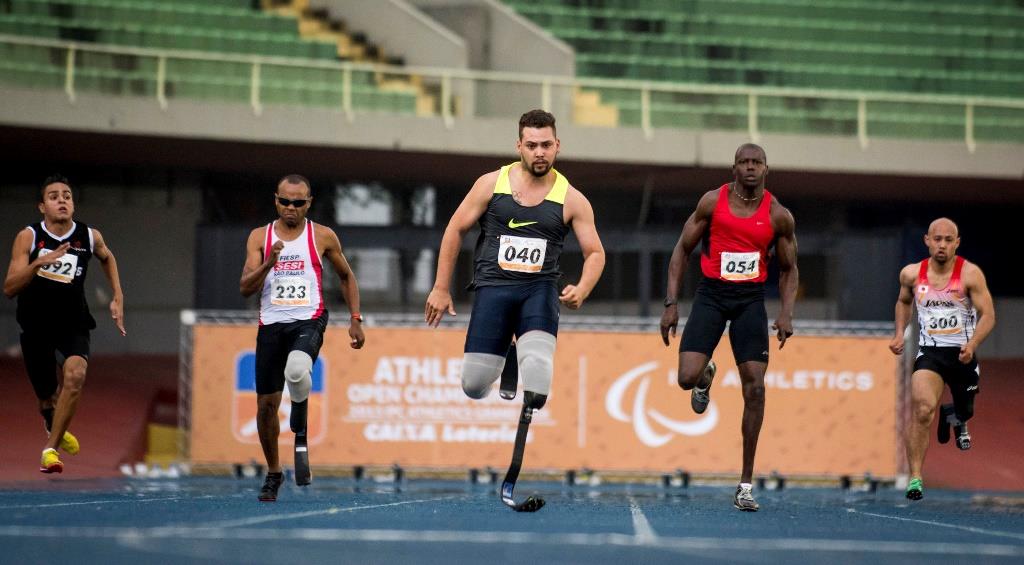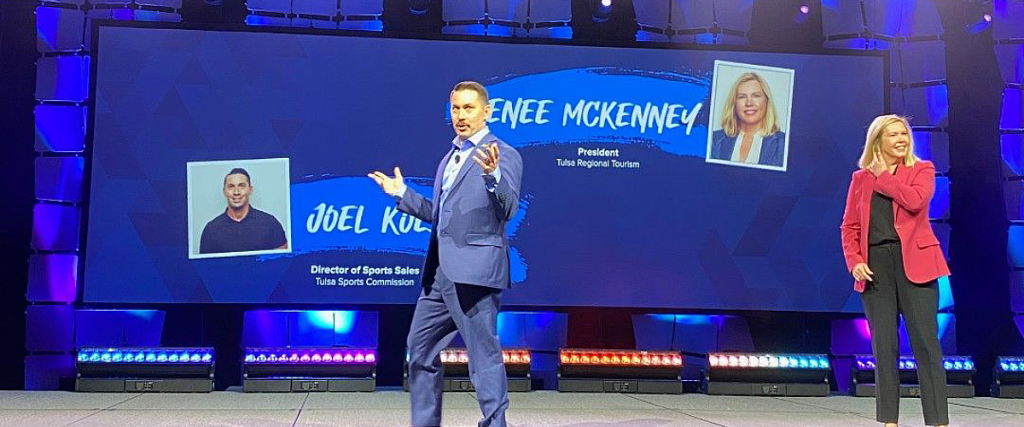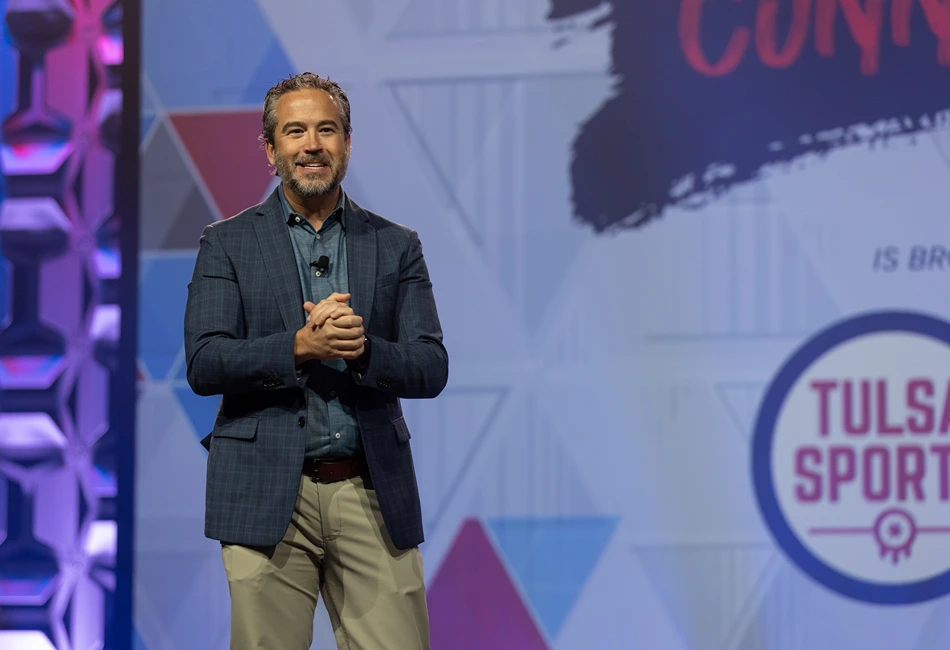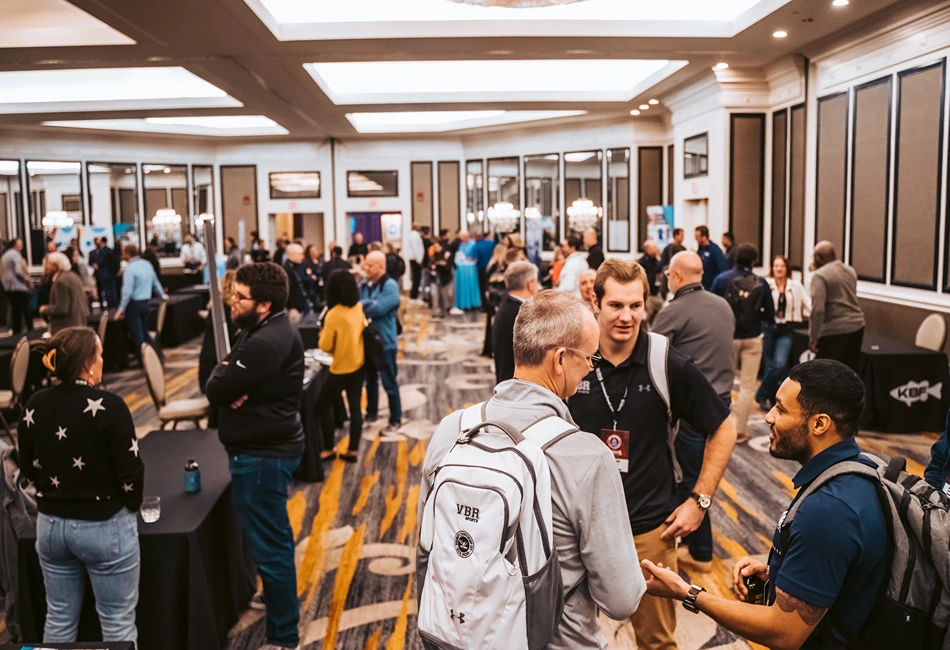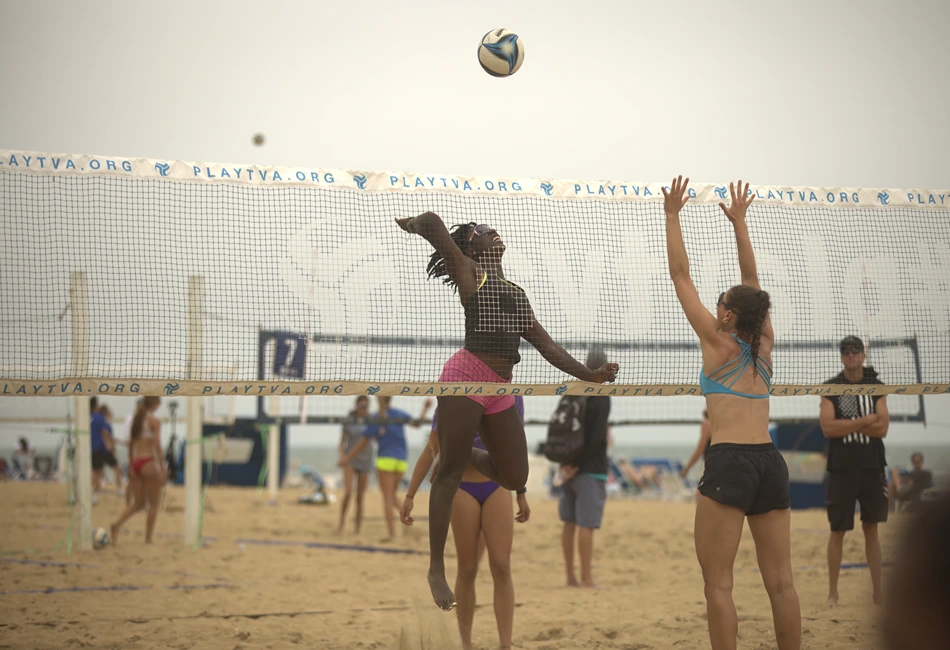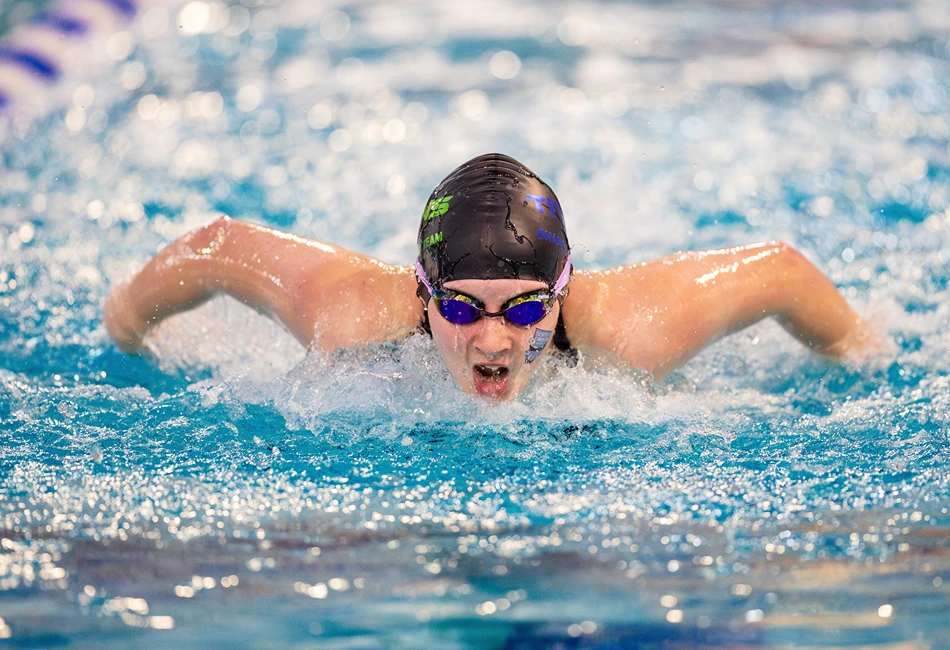Why should you care?
The growth of adaptive sports should come as no surprise given that in the U.S. an estimated 48.9 million people (non-institutionalized) have a disability; 24.1 million people have a severe disability; and 34.2 million people have a functional limitation. To solidify the need for adaptive sports, consider this: 85 percent of people with disabilities are not active. This leads to higher rates of medical issues, especially obesity. Frankly, people with disabilities need more opportunities to be active.
What’s the best way to get active? Sports. There is a direct correlation between sports involvement and higher GPAs, higher college attendance, higher employment rates, higher self-confidence, and higher leadership and teamwork skills.
What questions should you ask?
So you’re interested in hosting an adaptive sport. Before you tackle this, there are crucial points that need to be addressed. Ryan Ortiz, assistant executive director at United States Association of Blind Athletes (USABA), advises,
“Make an early effort to understand the needs of athletes with disabilities. In USABA’s case, I would urge event planners to reach out to a local agency that serves people who are blind and visually impaired in order to learn about any potential accessibility challenges in or around the proposed hotel/sports venue. Work with those local experts to prepare hotel staff and engage them with your venue team to ensure a top-notch competition.”
Is your sports facility accessible? Do locker rooms have step-over showers or entrances? Does the gym have non-rubber surfaces to allow for maximum wheelchair speed? Are the courts all on the same site? Is there space for chair storage?
Are your accommodations accessible? Are doorways wide enough? Are the rooms’ bathrooms big enough? Are there working elevators? Is there enough width between beds (remember, wheelchairs are side transfers)?
Is your city or town generally accessible? Do restaurants offer open seating and wheelchair-level tables (not high-top tables)? Are sidewalks and stoplights accessible? Does signage include braille? Are service dogs allowed in stores? Are transportation services accessible?
Don’t be overwhelmed by all the details an able-bodied person may overlook—your careful evaluation will be worth it in the long run. Randy Schubert, executive director of National Wheelchair Basketball Association (NWBA), says,
“It’s fun to work with people who have taken the time to create a good experience for athletes. People who do their homework and can demonstrate that they can host an adaptive sport are more successful at hosting these events. If you want to book a client, educate yourself before your pitch. I often get cold-call emails, but when people send me targeted, well-informed proposals, I respond 100% of the time.”
Six reasons to brand your destination as handicap-accessible
1. Hosting an adaptive sports event will open your door to more athletes, volunteers, donors, sponsors, board members and even military collaboration.
2. Your community will have a reputation for being a destination for all people of all abilities.
3. Once you host a tournament, word gets around. If it’s a success, more sports groups will be more inclined to flock to your city.
4. Adaptive sport is growing exponentially. There are service women and men injured in the line of duty that are now pursuing sports. Rio Paralympics 2016 will be covered live for 50 hours—the first time in history that the Paralympics will run nationally on NBC.
5. You can bet on having many spectators (in addition to players and families) at your events.
6. You’ll simply be doing the right thing!
Seven tips on hosting an adaptive sport event
1. Assess your destination. Paralympic alpine skier and wheelchair basketball player Alana Nichols, the first woman in history to take the gold in summer and winter Paralympic Games, shares this,
“Find a wheelchair, sit in it and push forward through the venue. Can you get from the competition area to the cafeteria? Can you access a restroom (including fitting through the stall doors) at each location? Wear a blindfold and try to access the venue. If you can, that’s great. If you can’t, that is not acceptable.”
2. Work with or establish partnerships with your local Paralympic sport club, a single athlete or a local organization for disabilities; invite them to a site visit and get the right perspective.
3. When meeting with NGBs, ask if their sports can double as adaptive sport options.
4. If your destination can claim ADA compliance, it has met the legal standards. Furthermore, if your destination is “wheelchair-friendly,” it has gone above and beyond the ADA handbook to be more orientated toward this group. Market your destination accordingly.
5. If you’re hosting an event for blind athletes, utilize signage with braille and don’t solely rely on scoreboards; bring an announcer on board.
6. Your destination doesn’t have to host a big adaptive sports event right out of the gate; start by creating adaptive sport recreational programs to get your feet wet.
7. Provide on-site event surveys for athletes, coaches and spectators so you can gain feedback for future events.

